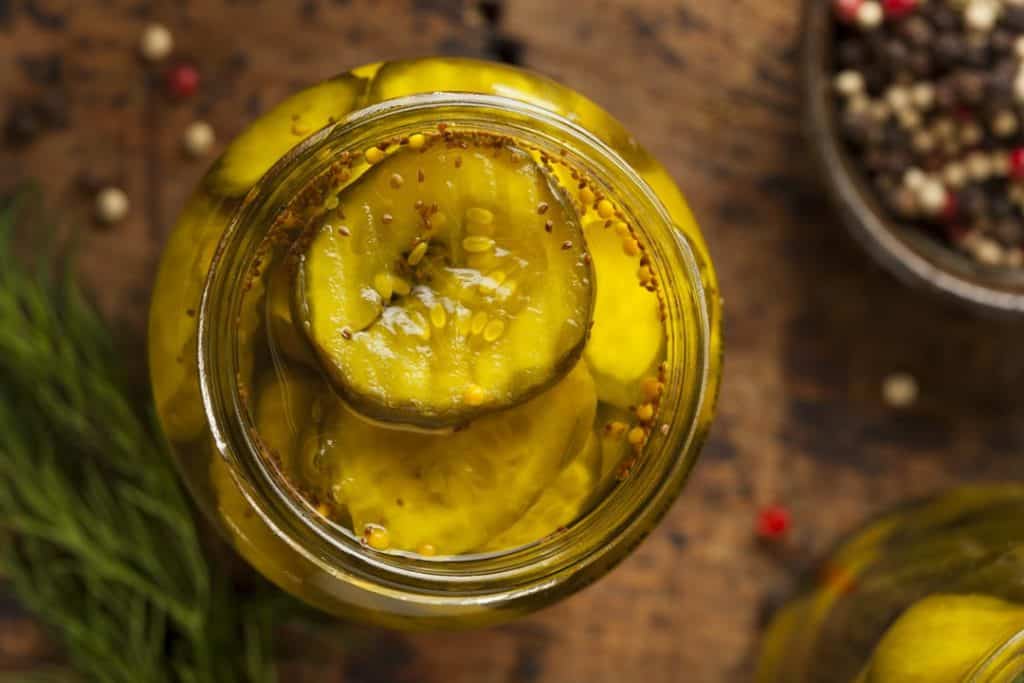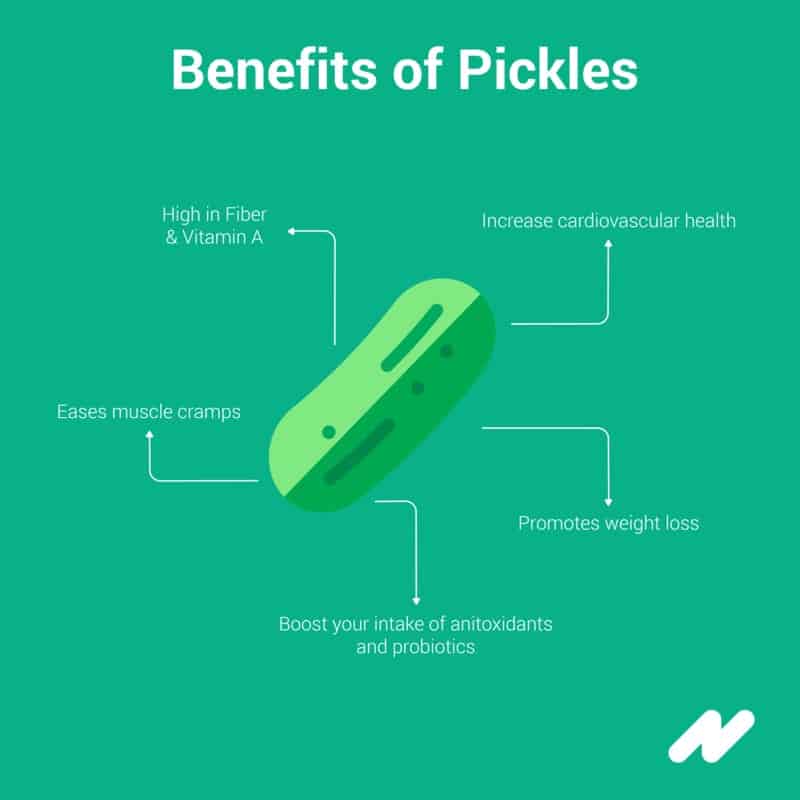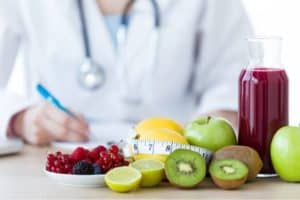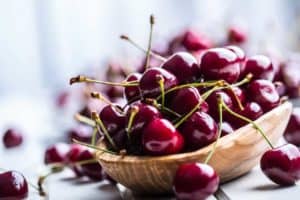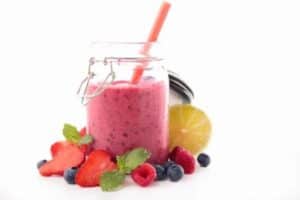What is Fermentation?
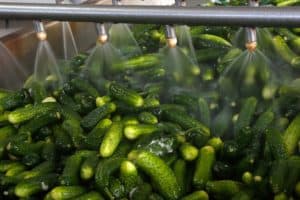
Fermented foods have been conserved and converted by good and harmless bacteria. What that means is that the sugars and carbohydrates already in the food have been consumed by the good bacteria. The bacteria then convert that sugar into different elements such as carbon dioxide, acids, and alcohol.
Those elements, in turn, conserve the food and usually add to its zest. So when you eat pickles, you’re consuming a thriving community of beneficial bacteria. This process is what gives fermented pickles their sour taste. However, not all pickles are fermented. Be sure to watch out for the ones that are.
The pickles that aren’t fermented are processed with vinegar instead. Although that is enough to give them their zesty flavor, the fermented version is usually healthier. Most pickles you see in the supermarket are unfermented. These vinegar pickles soak up the vinegar and flavorings to bring you that desirable sour tang, but that doesn’t mean obtaining fermented ones is impossible; It’s only a matter of reading the label.
Pickles Health Benefits
Antioxidants in Pickles
Pickles contain an adequate amount of antioxidants because the fermentation process preserves their nutritional power. Besides sliced pickles, pickle juice possesses even greater amounts of immune-boosting antioxidants.
Pickles Juice Can Ease Muscle Cramps
Whole pickles are not the only way to have access to the benefits of this vegetable. According to a study published in Medicine & Science in Sports and Exercise, drinking pickle juice relieves muscle cramps in dehydrated individuals. Less than a cup of pickle juice is enough to have a helpful effect on muscle soreness, which is partly owed to the possible pain-alleviating effects of vinegar.
High in Probiotics
Pickles are high in probiotics. Probiotics are microorganisms that provide loads of benefits when eaten. These good and helpful bacteria offer all kinds of health advantages, from healthier skin to improved cardiovascular health, pickles are swarming with the lovely healthful tiny creatures. However, pickles fermented in vinegar don’t possess probiotic effects, so if you want to enjoy the health benefits, go for the pickles fermented in water and salt.
Whether you like it or not, your stomach houses a trillion if not more useful bacteria that support many digestive processes, so having more of these probiotics should be beneficial to your health and ultimately, your life.
DIY Pickle Cucumbers
What if we told you, you could make your own pickles? Yes, you heard that right. People have been pickling by fermentation or a saltwater brine for years- to conserve food beyond the growing periods. Pickling recipes require ingredients such as white vinegar, salt, and various spices.
Although cucumbers are most prevalent in North America, around the world all sorts of vegetables and meats, are pickled. You can pickle carrots, beets, cauliflower, cabbage, and so much more. All you have to do is put your cucumbers in a big enough bowl, pour boiling vinegar and water on top. Let it cool and soak for a couple of days in the fridge and you’re good. Homemade pickles are often referred to as refrigerator pickles.
If you’re not susceptible to salt, you don’t suffer from high blood pressure, or you have the ingredients to make pickles yourself, you can experience the health benefits and the salty, sour crunch of your creation.
